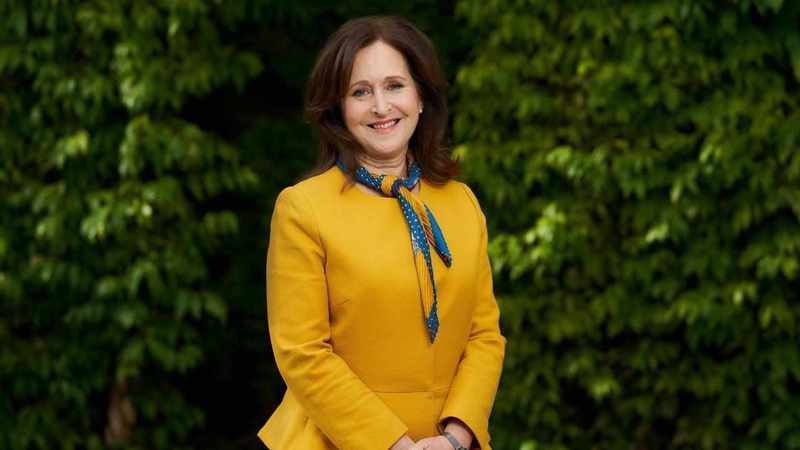Two in three investors have pledged to ramp up lobbying for gender diversity in Australia's top companies, according to a survey, but one in three says a lack of data has hampered their efforts.
The survey, published on Monday, also found nine in 10 investors were already advocating for better gender diversity in Australian businesses, including investors who were using board votes to change policies and set targets.
The findings came from an inaugural survey for HESTA's 40:40 Vision project, an initiative designed to achieve a gender balance of 40 per cent men, 40 per cent women and 20 per cent of any gender in ASX300-listed companies by 2030.
HESTA chief executive Debby Blakey, who chairs the project's steering committee, said the survey results should send a warning to Australian companies that investors preferred doing businesses with firms committed to inclusion.
“Corporate cultures that are not inclusive and do not encourage diversity represent a clear financial risk to investors - this can negatively impact a company’s reputation, its productivity, and ability to attract and retain talent," she said.
“There is clear evidence that better gender balance in leadership is not only fairer but also smart business, leading to better performance, better profits, and better corporate governance, and this creates long-term value for shareholders.”
Ms Blakey said only 17 per cent of ASX300-listed companies had achieved gender balance in executive leadership roles to date, though 36 per cent had set targets to achieve one.
The survey found 92 per cent of investors who had signed up to the 40:40 Vision project had lobbied companies on gender diversity topics, including policies on domestic violence, parental leave and sexual harassment, the gender pay gap, and board gender balance.
But one third of respondents said the companies did not provide enough data on gender issues within their organisations, in a move that was impeding efforts to change.
Realindex Investments senior quantitative portfolio manager Joanna Nash said the firm had made gender balance part of its potential investments.
“We try to bring up diversity issues with all companies we engage with unless the engagement is for a specific issue," Dr Nash said.
"We ask them about their current levels of diversity, set targets, and what internal process they have to improve diversity."
The government's Workplace Gender Equality Agency found women were paid 22.8 per cent less than men on average and only 20 per cent of Australian boards had achieved gender balance.
Men were also twice as likely as women to be in the top earning bracket for their industry, according to its figures, and just 22 per cent of chief executive positions were held by women.









